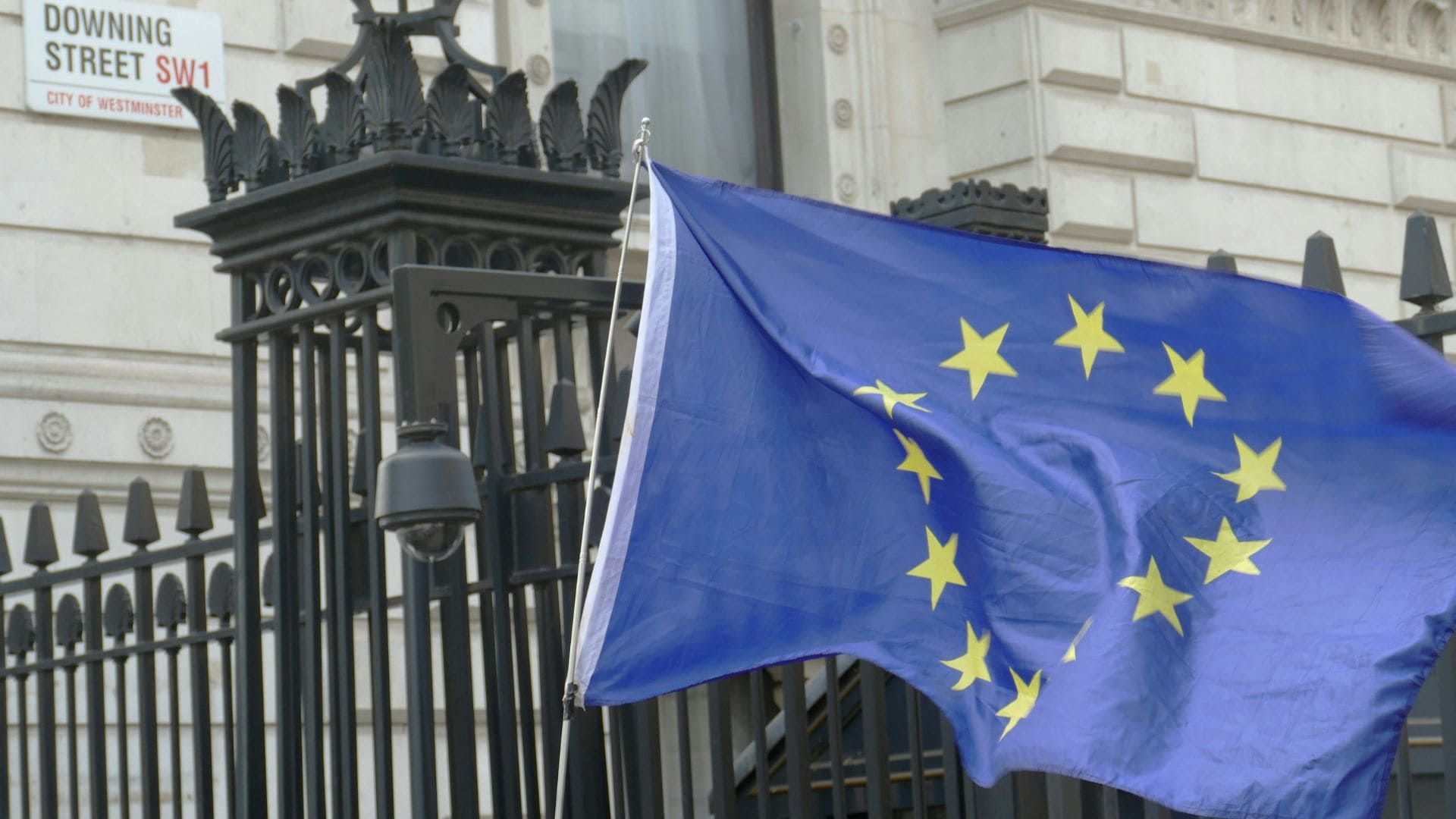Articles
SkyKick ruling
January 2020
Specification of trade marks must be consistent with the essential function of indicating origin of the goods and services or risk being partially invalid for bad faith.
Case C-371/18 – Sky plc & ors v SkyKick UK Ltd & anor, 29 January 2019
Two days before the UK’s departure from the EU, the CJEU handed down its eagerly anticipated Judgment in SkyKick finding that a trade mark application made without any intention to use the trade mark in relation to the goods and services in the specification does constitute bad faith. This was the case if the applicant had the intention either of undermining, in a manner inconsistent with honest practices, the interests of third parties, or of obtaining, without even targeting a specific third party, an exclusive right for purposes other than those falling within the functions of a trade mark. However, this aspect of bad faith does not invalidate the entire trade mark (i.e., the “poisoned well”) but only the goods and services shown to have been applied for in bad faith. The CJEU also indicated that it was permissible for national law to contain procedural requirements for an applicant to make a statement that he or she has bona fide intention to use a trade mark. Such statements might be utilised as evidence in claims of bad faith but did not constitute a separate ground of invalidity.
The CJEU also held that a lack of clarity and precision of terms used to designate the goods or services (e.g., “computer software”) was not grounds for invalidity. Furthermore, a trade mark cannot be declared wholly or partially invalid on the ground that terms used to designate the goods and services in respect of which that trade mark was registered lack clarity and precision.
Background
The case was referred by the UK High Court in an action where Sky plc (the broadcaster) claimed that SkyKick (at the time, a start-up company that supplied cloud migration information technology services) had infringed four EU trade marks and one UK trade mark consisting of the word SKY through use of the sign ‘SkyKick’ and variants thereof. SkyKick denied infringement and counterclaimed for a declaration that the trade marks were invalidly registered, in whole or in part, on the grounds that: (i) the specifications of goods and services lacked clarity and precision and (ii) the applications were made in bad faith. The claim in bad faith was based on the allegation that while Sky plc did intend to use for some of the goods and services in the specification, that had not intended to use the trade marks in relation to all of the goods and services specified. SkyKick’s primary case was that the trade marks were invalid in their entirety (the “poisoned well” argument). In the alternative, that the trade marks were partially invalid where Sky plc had not had any intention to use the trade marks.
Arnold J (as he was then) noted that SkyKick did not appear to have a defence to Sky plc’s claims for trade mark infringement despite the fact that the marks had not been used, and were not likely to be used, for many of the goods and services in respect of which they were registered.
Conclusions
This Judgment has far-reaching implications for, in particular, companies with trade mark portfolios containing multiple, broad trade mark filings in the EU. The practice of filing extensively across multiple classes of goods and services and then “evergreening” such filings to avoid scrutiny for non-use are now likely to be critically examined by intellectual property offices and national courts. Very few companies are likely to have a commercial justification for applying for trade marks with broad specifications across multiple classes. Many will have already considered their portfolios following the AG’s opinion in October 2019 and will breathe a sigh of relief that the CJEU has confirmed that this type of bad faith will only partially invalidate the trade mark. However, trade mark owners would be wise to consider the impact of the Judgment on their existing portfolios and filing practices.
This update was prepared by HGF Partner Rachel Fetches. If you would like further advice on this or any other matter, please contact Rachel. Alternatively, you can contact your usual HGF representative or visit our Contact page to get in touch with your nearest HGF office.
































